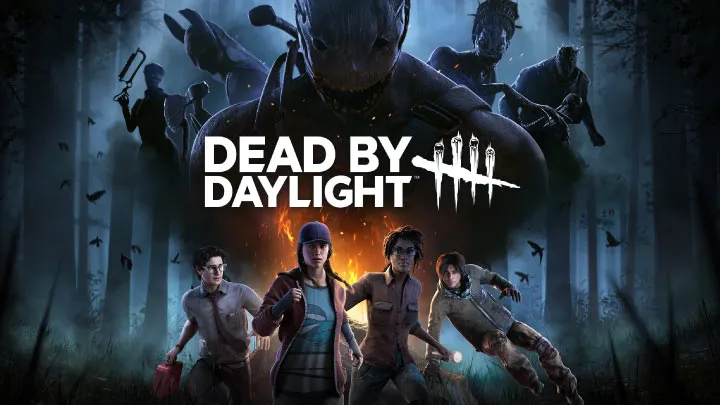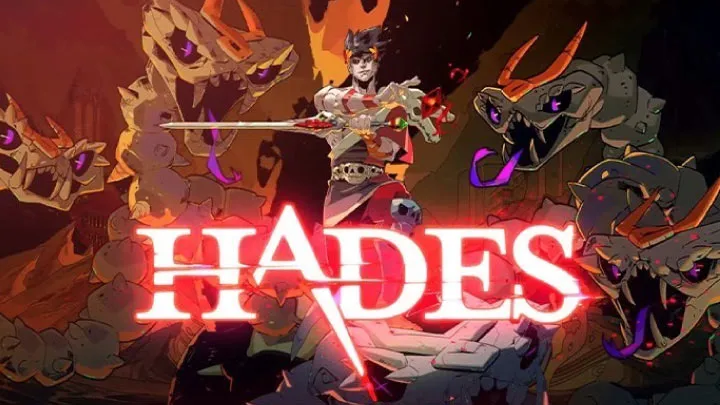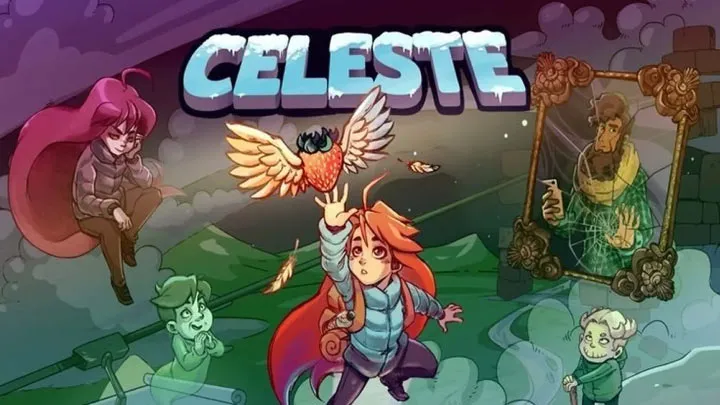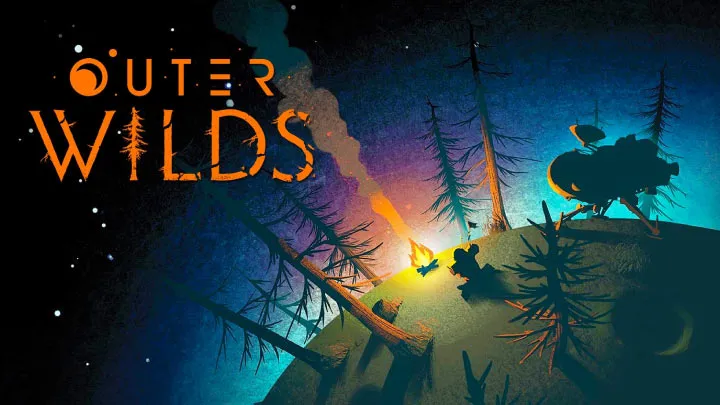Every console generation tells a story — a tale of innovation, imagination, and the evolution of how players connect with games. From the first PlayStation to the latest Xbox and Nintendo Switch, each era has introduced unforgettable worlds, new mechanics, and defining moments that changed how we think about gaming. These games are more than entertainment; they’re cultural milestones that have shaped an entire generation of players.
Let’s take a deep dive into the top console games that have defined this generation — the ones that have inspired millions, set new standards, and left permanent marks on gaming history.
1. The Legend of Zelda: Breath of the Wild — Redefining Freedom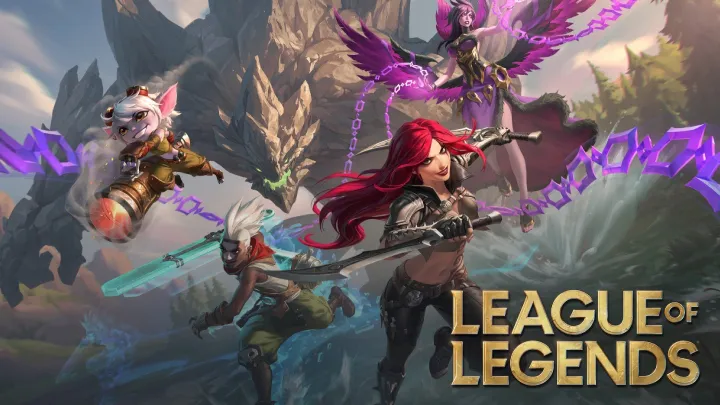
When Nintendo released The Legend of Zelda: Breath of the Wild, it didn’t just launch a new game; it reimagined what open-world design could be. The sheer freedom it offered transformed how players approached exploration, problem-solving, and creativity.
Players were encouraged to climb any mountain, experiment with physics, and discover secrets without restrictions. Instead of guiding players through strict objectives, the game trusted their curiosity — a decision that sparked countless moments of discovery and awe. Its dynamic weather systems, cooking mechanics, and clever puzzles became the gold standard for open-world adventure games.
This freedom inspired future titles across platforms, proving that a game’s magic lies not in telling players what to do, but in letting them decide how to do it. Breath of the Wild defined a generation by celebrating exploration and curiosity.
2. God of War (2018) — The Rebirth of a Legend
The God of War reboot was a revelation. Kratos, once known for rage and destruction, returned as a father figure struggling with loss, responsibility, and love. This emotional transformation, paired with cinematic storytelling and tight combat mechanics, redefined what it meant to be an action game.
The game’s single-shot camera approach made every battle and cutscene flow seamlessly, immersing players in a continuous journey through Norse mythology. The relationship between Kratos and his son Atreus struck a chord with millions, creating emotional depth rarely seen in console gaming.
This reinvention showed that even long-running franchises can evolve. God of War didn’t just revive an icon; it set a new standard for storytelling and character growth on modern consoles.
3. Red Dead Redemption 2 — The Power of Immersive Worlds
Rockstar Games’ Red Dead Redemption 2 is more than a Western epic — it’s a testament to world-building. Every blade of grass, every NPC, every weather change feels alive. The game’s attention to detail makes it one of the most realistic and emotionally resonant experiences ever made.
Players follow Arthur Morgan, an outlaw caught between loyalty and morality, in a world that reacts dynamically to every choice. The slow, deliberate pacing encourages reflection — something rare in modern gaming. Every sunrise, every campfire conversation adds depth to its living, breathing frontier.
Red Dead Redemption 2 defined the generation by setting the highest bar for realism, storytelling, and emotional depth in an open world.
4. Horizon Zero Dawn — A New Face of Heroism
Guerrilla Games’ Horizon Zero Dawn stunned players with its originality — a post-apocalyptic world where nature reclaimed the Earth, and robotic beasts roamed the land. At the heart of it was Aloy, one of gaming’s most beloved heroines.
The game blended exploration, combat, and mystery beautifully. Its visual design — towering mechanical creatures set against lush landscapes — made every encounter breathtaking. But beyond the visuals, Horizon Zero Dawn stood out for its storytelling and emotional layers, delving into identity, technology, and survival.
This title marked the PlayStation generation’s shift toward complex, empowered female protagonists and cinematic storytelling that rivals any film.
5. The Last of Us Part II — Emotion Over Everything
Few games have divided and moved audiences as deeply as The Last of Us Part II. It’s a masterpiece of emotional storytelling, exploring loss, revenge, and forgiveness in a world broken by humanity’s flaws.
Naughty Dog pushed boundaries with its narrative structure, daring players to empathize with characters on all sides of the story. The game’s visuals, performances, and sound design were nothing short of cinematic, and the moral complexity left players debating long after the credits rolled.
This generation-defining title proved that games can provoke deep emotional reflection — not just excitement. It’s not just a story about survival; it’s about understanding what it means to be human.
6. Elden Ring — The Pinnacle of Exploration and Challenge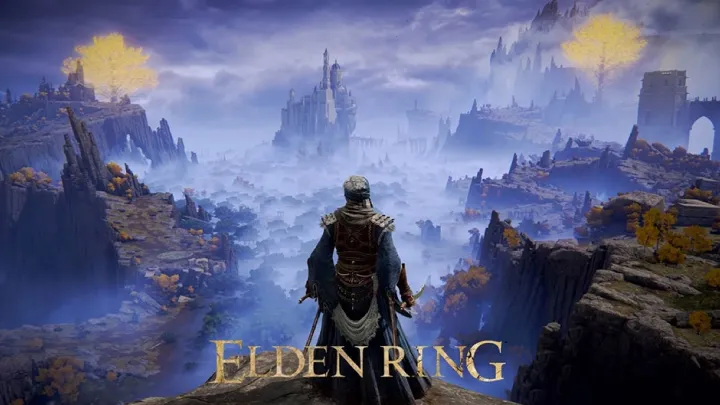
When FromSoftware released Elden Ring, it became an instant phenomenon. Building upon the studio’s legacy from Dark Souls, this title expanded their formula into a vast open world filled with mystery, freedom, and unforgiving beauty.
Unlike typical RPGs, Elden Ring doesn’t hold your hand. It trusts players to discover secrets, conquer challenges, and shape their own journey. Every victory feels earned, every defeat a lesson. Its interconnected world design and environmental storytelling set a new benchmark for immersive exploration.
Elden Ring became a cultural moment — inspiring memes, discussions, and admiration across every console community. It defined this generation’s hunger for discovery and mastery.
7. Spider-Man (PS4) — Becoming the Hero
When Marvel’s Spider-Man swung onto PlayStation 4, it reminded everyone why superheroes belong in gaming. Insomniac Games created not just a thrilling action experience but an emotionally grounded story about responsibility, sacrifice, and hope.
The fluid web-swinging mechanics captured the fantasy perfectly, while the city of New York pulsed with life. The game balanced exhilarating combat with heartfelt moments, making players feel like Peter Parker both on and off the mask.
Spider-Man’s success helped usher in a new era of cinematic superhero games — faithful to source material, yet human in storytelling. It became a defining console experience of the decade.
8. Animal Crossing: New Horizons — Connection in Isolation
In 2020, as the world faced lockdowns, Animal Crossing: New Horizons became more than a game — it became a sanctuary. Millions of players turned to their virtual islands to socialize, relax, and create during uncertain times.
Its charm lies in simplicity. Building homes, fishing, designing outfits, and visiting friends’ islands became acts of comfort and creativity. The game’s slower pace and cheerful aesthetic offered peace in contrast to the chaos of reality.
New Horizons defined its generation by proving that games can foster genuine connection, community, and healing. It wasn’t about winning; it was about belonging.
9. Grand Theft Auto V — The Game That Never Died
Released across three console generations, Grand Theft Auto V is the definition of longevity. Its combination of storytelling, open-world design, and multiplayer innovation kept it alive and thriving for over a decade.
The single-player campaign’s narrative complexity and satire of modern society captivated millions. But it was GTA Online that made the game a phenomenon — allowing players to create businesses, heists, and communities that evolved endlessly through updates.
GTA V defined its generation through persistence and adaptability. It became not just a game, but a living platform that continued to evolve with its players.
10. Ghost of Tsushima — A Masterpiece of Art and Honor
Sucker Punch’s Ghost of Tsushima transported players to feudal Japan in a visually stunning tale of courage, duty, and change. As Jin Sakai, players experience the struggle between tradition and necessity as they defend their homeland from invasion.
What made it unforgettable was its blend of cinematic storytelling, fluid swordplay, and breathtaking landscapes. The game honored Japanese culture while presenting a universally human story about honor and identity.
With its cinematic mode, photo options, and poetic pacing, Ghost of Tsushima became one of the most beautiful and emotionally moving console experiences ever created. It defined this generation’s appreciation for artistry and emotion in gaming.
Conclusion: Defining a Generation Through Play
Every generation of consoles is defined by more than graphics or hardware — it’s defined by the experiences that touch hearts and spark imagination. The games listed here represent the creativity, emotional power, and innovation that make gaming the most influential art form of our time.
From the emotional storytelling of The Last of Us Part II to the open-world wonder of Breath of the Wild and the timeless charm of Animal Crossing, these games didn’t just entertain; they united players, shaped communities, and pushed the boundaries of what’s possible on consoles.
As the next generation unfolds, one thing remains certain: the future of gaming will continue to be shaped by bold ideas, emotional storytelling, and unforgettable experiences. Because in the end, the games that define us are the ones that make us feel — and those feelings last a lifetime.











